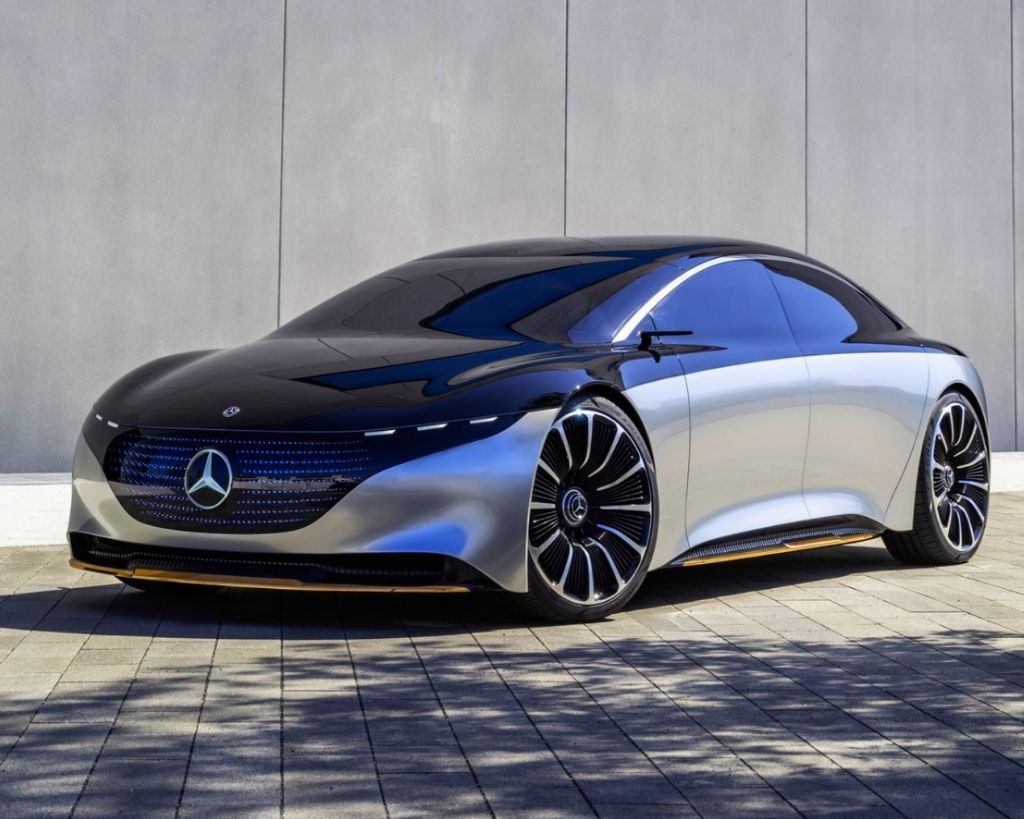
In the first self-driving car race, Mercedes-Benz took the lead in the international field. As the first automobile manufacturer globally, the Stuttgart-based automaker has now been granted approval by the German Federal Motor Transport Authority for a level 3 system with which the driver can take his hands off the steering wheel in certain situations and concentrate on other things.
Mercedes Is One Step Ahead When It Comes To Autonomous Driving
The Stuttgarter once achieved a colossal hit. While other car manufacturers are still trying to teach their level 2 driver assistants (which are sometimes cockily referred to as “autopilot”) manners, S-Class and EQS drivers can soon sit back and relax and just let the Mercedes technology do it.
Hardly any other technology topic has so many announcements, promises, and ultimately flops as autonomous driving. Traditionally, Tesla boss Elon Musk is particularly full of words and has been promising a fully functional autopilot since 2013. So far, however, there has been no approval for a system that not only calls itself an autopilot but relieves the driver of responsibility for the vehicle.
Also Read: Digital Matrix Light In The Audi A8 (2022): What Audis Digital Light Can Do
From Next Year At The Dealer
Mercedes Board Member for Development was just as proud when he dropped the bomb on Thursday in a video conference: The carmaker with the star is the first manufacturer in the world to be allowed to sell cars that take control in certain situations. After a month-long certification process – hateful voices had meanwhile already rumored that Mercedes might have overturned its schedule – the Stuttgart-based company finally received the green light from the Federal Motor Transport Authority.
The approval applies to the S-Class and its electric counterpart, the EQS. The S-Class is scheduled to start at the beginning of next year, while the Drive Pilot in the Stromer will be available two to three months later.
Autonomous Driving With Restrictions
However, the functions are limited. The system may only be activated on motorways and only at speeds of up to 60 km / h – so practically only in traffic jams. Then the Drive Pilot regulates the speed, the distance to the vehicle in front, or keeping in the lane on his own. For example, autonomous lane changes are not yet legally permitted to overtake. The Drive Pilot also only works on routes that Mercedes has specified in advance. That should be 13,191 kilometers, which is pretty much the same as the entire autobahn network. But it does mean that the system will not run in any environment without preparation.
Mercedes also takes responsibility for this. If something happens under the control of the Drive Pilot, it is not the driver who is liable, but Mercedes. All other automakers – including Tesla – still use assistance systems in which humans would be to blame at any time in an accident.
Expensive Special Equipment
Mercedes still leaves the public in the dark about what the level 3 driver assistant should cost. Experts estimate that all the required sensors and the associated software will be in the high four-digit range as special equipment. We have seen that customers are very willing to pay for prices in the technology sector; an excellent example of this is the massive screen in the EQS, which has a surcharge of 8500 euros and is still ordered by every second customer.
The rest of the world will have to wait a little longer for the Drive Pilot. Currently, the approval is only valid for German motorways. Since every country has different laws according to which technology is permitted for autonomous driving, the respective approval processes must be run through. Next, Mercedes is targeting China and the United States.
The Best Mid-Range Electric Cars: Tesla Model 3 & Co In The Test
Electric cars were considered unaffordable luxury toys or unsuitable, tiny ecological companions for a long time. But since the success of Tesla’s mid-range electric car Model 3, it has been clear that everyday electric cars with suitable long-distance ranges do not have to be much more expensive than comparably equipped mid-range combustion engines such as the BMW 3 Series. There is now a lot of competition in the electric middle class.





